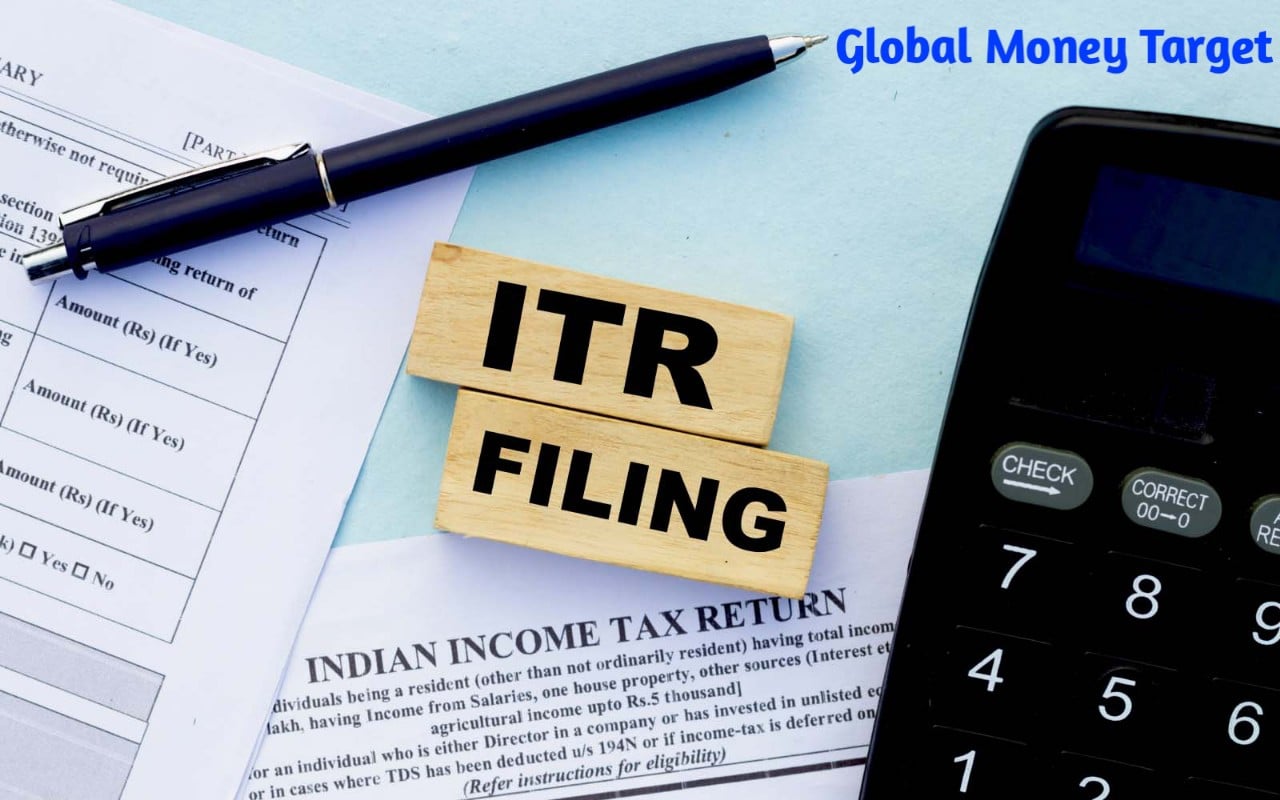The Income Tax Department allows for multiple revisions of ITR within the same financial year, which enables the taxpayers to correct any errors or omissions in their original return. If you found any error, then revising your Income Tax Return (ITR) on time is important to avoid any penalties.
Why Filing ITR Is Important?
Filing accurate ITR is important for several reasons:
• Properly filed ITR helps in calculating your exact tax liability.
• Filing accurate returns ensures that you can claim any due refunds without any issues.
• Correct ITR filing are often required for loan approvals and other financial assessments.
How Many Times Can You Revise Your ITR?
In India, there is no limit on the number of times you can revise your ITR, but revisions should be made within the specified deadline. This allows you to rectify mistakes or omissions in your original return multiple times, if needed.
Key Points About Revised ITR
• If you found any mistake, omission or incorrect statement in your submitted return, then you should revise it within the specified time limit.
• If the original return was filed in a paper format, then it cannot be revised electronically. However, online revisions can be done under section 139(5).
• A return can be revised up to three months before the end of the Assessment Year or before the completion of assessment, whichever is earlier.
Important Points To Remember
• Assessment Year: This is the financial year for which the ITR is filed. For the financial year 2024-25, the assessment year is 2025-26.
• ITR Filing Last Date: The last date to file your ITR for the financial year 2023-24 (assessment year 2024-25) without any late fees is July 31,2024.
For taxpayers whose accounts are required to be audited, the deadline is October 31, 2024.
• Revision Deadline: The deadline to revise your ITR, is typically December 31st of the assessment year.
Filing Under Section 139(5) of the Income Tax Act
Section 139(5) of the Income Tax Act 1961, is a provision that allows taxpayers to revise their ITR if any errors or omissions found in the originally filed return. This provision acts as a safety net, ensures that the taxpayer can correct mistakes and file accurate tax returns.
Various ITR Forms
| ITR Form | Applicable For | Details |
|---|---|---|
| ITR-1 | Salaried individuals, pensioners, and income from one house property | For individuals with income up to Rs 50 lakh, not for those owning more than one house property. |
| ITR-2 | Individuals and HUFs not having income from business or profession | Suitable for individuals with capital gains, multiple house properties, or foreign income. |
| ITR-3 | Individuals and HUFs having income from business or profession | For those earning income from business or professional practices. |
| ITR-4 | Individuals, HUFs, and firms (other than LLPs) under presumptive taxation scheme | For small businesses and professionals under presumptive income scheme with turnover up to Rs 2 crore. |
| ITR-5 | Firms, LLPs, AOPs, BOIs, and other entities except individuals and HUFs | For entities like partnerships, LLPs, and societies. |
| ITR-6 | Companies other than those claiming exemption under Section 11 | For companies not claiming exemption under charitable purposes. |
| ITR-7 | Persons including companies required to furnish return under Sections 139(4A), 139(4B), 139(4C), or 139(4D) | For entities like trusts, political parties, and research associations. |
Sources: news18.com
